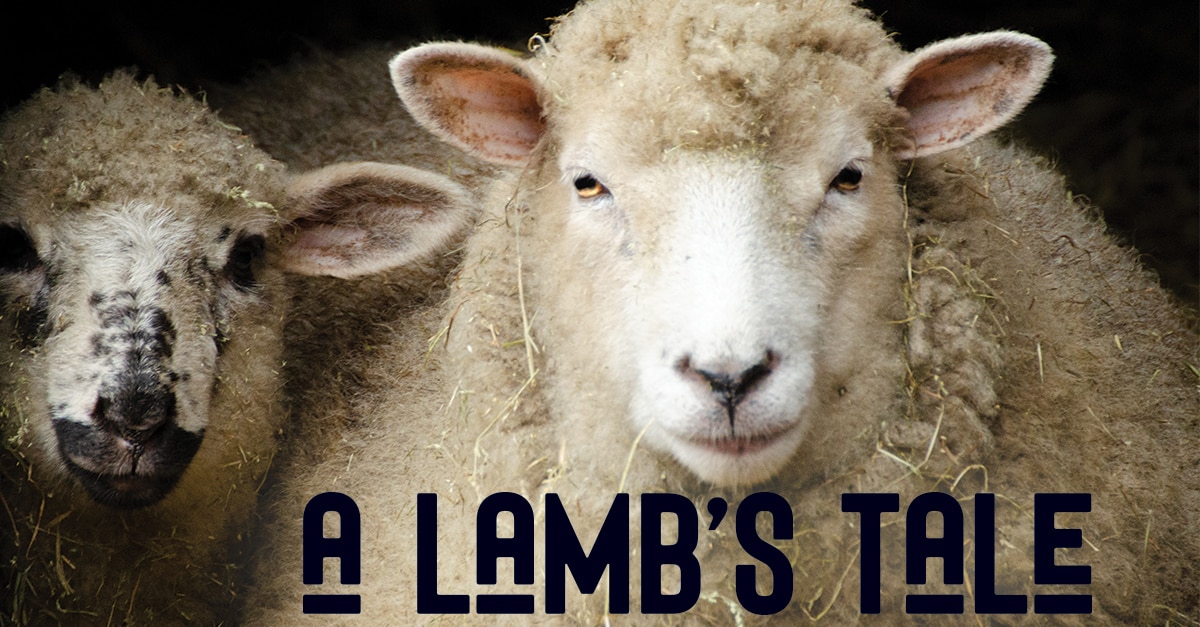A Lambs Tale
Tawanda Farms in Montague…
It’s not every day that someone winds up business partners with another mother they’ve met through their child’s preschool. But that’s just what happened to Carol Pasheilich and Maggie Howard, co- owners of Tawanda Farms in Montague. Now both in their 70s, the pair function like sisters and have been working together for more than 30 years.
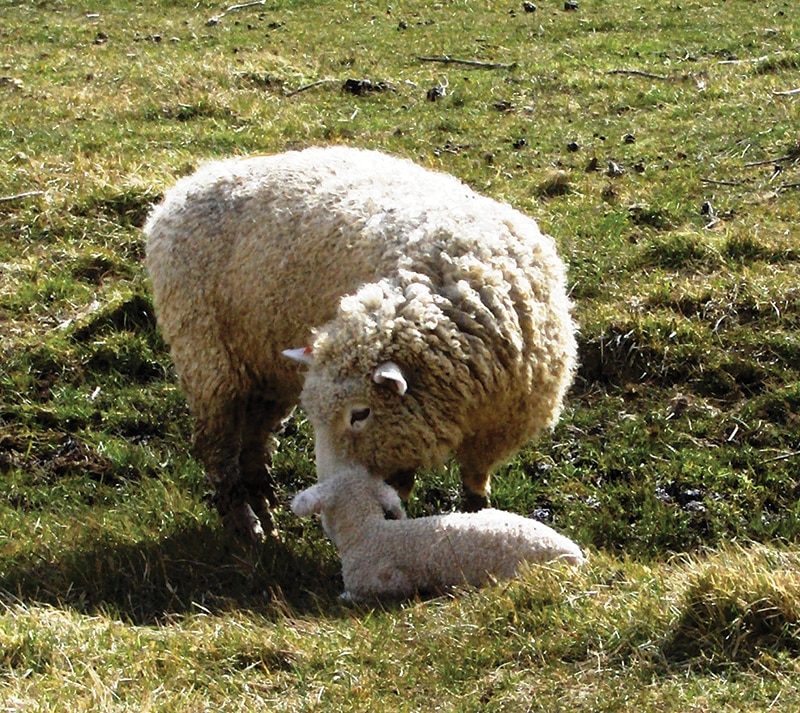
“For 10 years in the 1990s, we owned a lodge together in the Eastern Sierras,” Pasheilich says. “After someone purchased the lodge, we were looking for another place to live. At that point we knew we could trust each other with money so we were thinking about another business we could do.”
Apparently up for a challenge, they turned their attention toward farming. “I was interested in fiber, spinning and weaving, so we thought of alpacas. But that was when alpacas were at their peak, and the thought of paying $20,000 for an animal that could die before it paid for itself was too much. So, we started looking at sheep.”
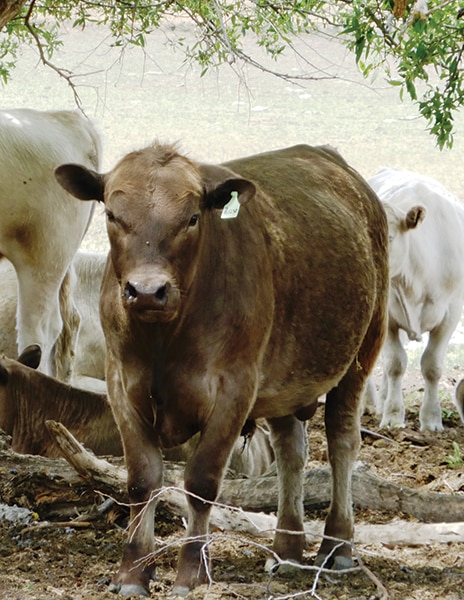
The women knew they would have to diversify to stay afloat. “We realized that fiber alone was not going support a business so we looked for a dual-purpose breed that could produce meat as well as fiber,” Pasheilich says. “After much research, we settled on Romney sheep, and it has been a successful choice. Twenty-two years later, we’re still here.”
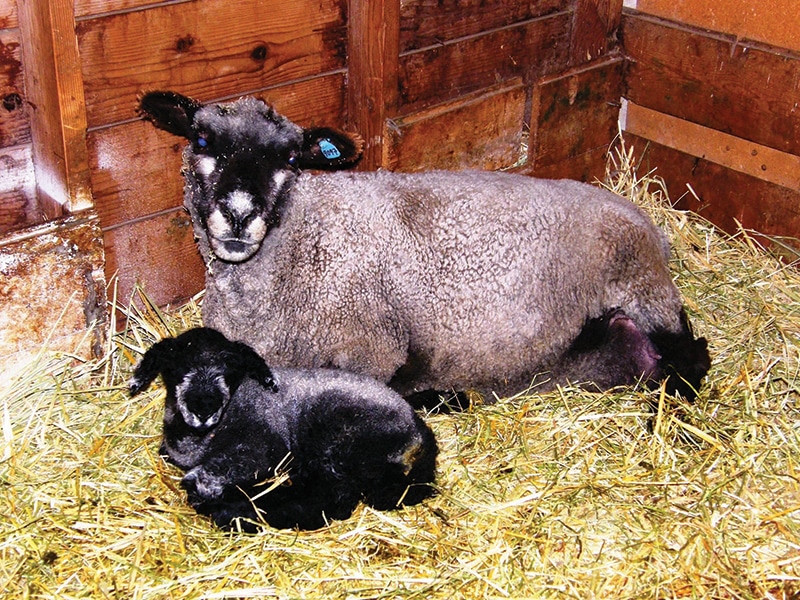
After a drive north along Interstate 5 convinced them to buy land in scenic Montague, Pasheilich and Howard established Tawanda Farms, named after a reference to the 1991 film Fried Green Tomatoes. “Every time (the protagonist) did something crazy, she yelled, ‘Tawanda!’ We were doing something crazy,” recalls Pasheilich. Running a farm turned out to be a “steep learning curve” but all the research they did ended up paying off. They realized that to maximize the sale of the lamb, they should add a small herd of Murray Grey cattle. Their website explains the reason behind the decision. “We rotate our pastures with cattle on a particular pasture first, followed by the sheep. This rotation breaks the parasite cycle of both cattle and sheep. It also keeps the pasture healthy. Because of the drought, we are in the process of replanting our pastures with dry land crops that thrive from winter rains.” Not only did they make a conscious decision to exclusively grass-feed their herds, they were intentional about their choice of breeds. “Both the Murray Grey cattle and the Romney sheep are famous for a gentle disposition. This allows us to work them quietly and slowly. Stress is reduced or nonexistent, thus producing tender, succulent meat.”
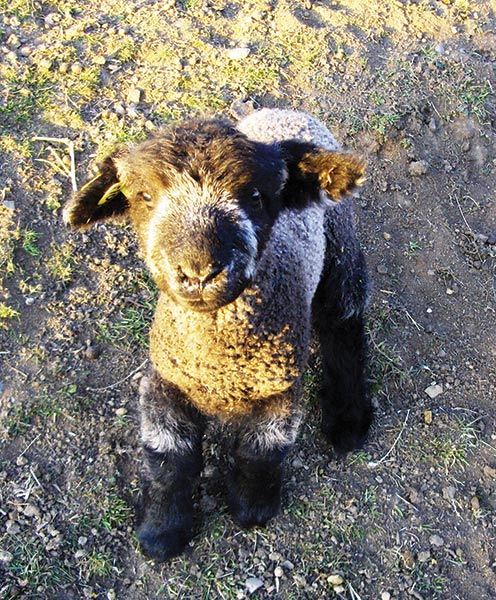
Some of Pasheilich’s favorite memories on the farm reflect the gentle spirit that pervades their business. “There was the time a first-time heifer named Sue was having trouble calving, and Maggie said, ‘Sue, if you lay down, I can help you.’ Sue laid down and Maggie helped Sue have her calf. Sue just recently died and for her whole life she came up to be petted. She knew she had been helped. There was also when we got our first bull. He had been halter broken and I got used to walking him around the pasture. Well, he showed us our weakness in the fences and went to look for girls. Our neighbor came running in and said, ‘Your bull got in with my heifers.’ So, we hooked up the trailer, grabbed the halter and went to get him. He would have nothing to do with that halter. Finally, I said to him, ‘Kid, we are going to go home. Get in that trailer.’ To my surprise, he turned around, marched into the trailer, we closed the door and went home.”
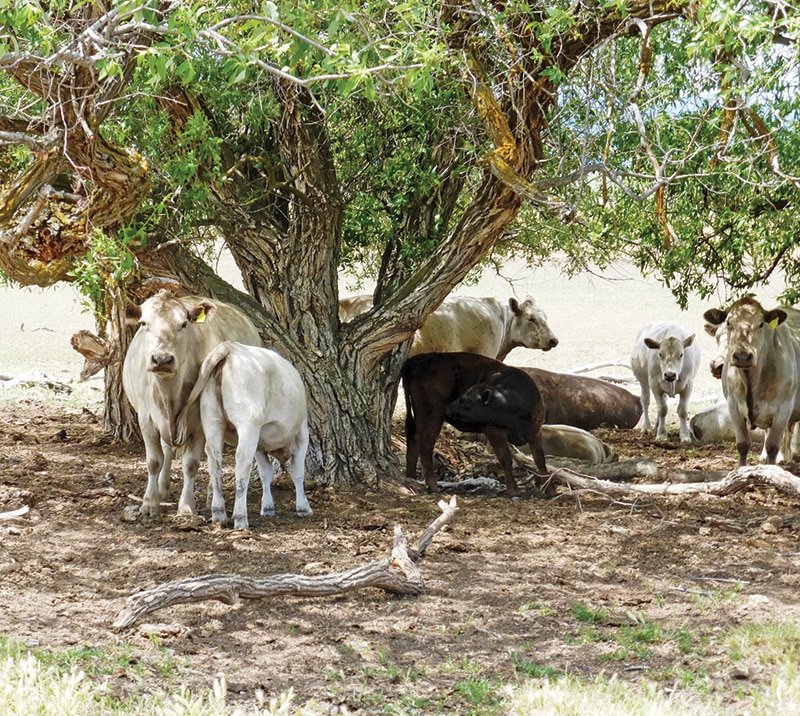
Even though Pasheilich revels in the fond memories, she’s quick to add that there are sad ones, too. But for the pair of longtime friends, the joys of running a farm far outweigh the challenges, especially during lambing season. “As soon as that baby is out, no matter how much it hurt, the mother is on her feet talking and licking and taking care of that baby.” As the mother of two sons, the life lesson isn’t lost on Pasheilich. “If I had observed these ewes before I had children, I would have been a much better mother.” But joking aside, Pasheilich is serious about the magic of pursuing this farming adventure later in life. “Producing new life at our age is wonderful. We never expected it to be so amazing. Every birth is a miracle, and that thrill never wears off.” •
Tawanda Farms • www.tawandafarms.com • (530) 459-0966

